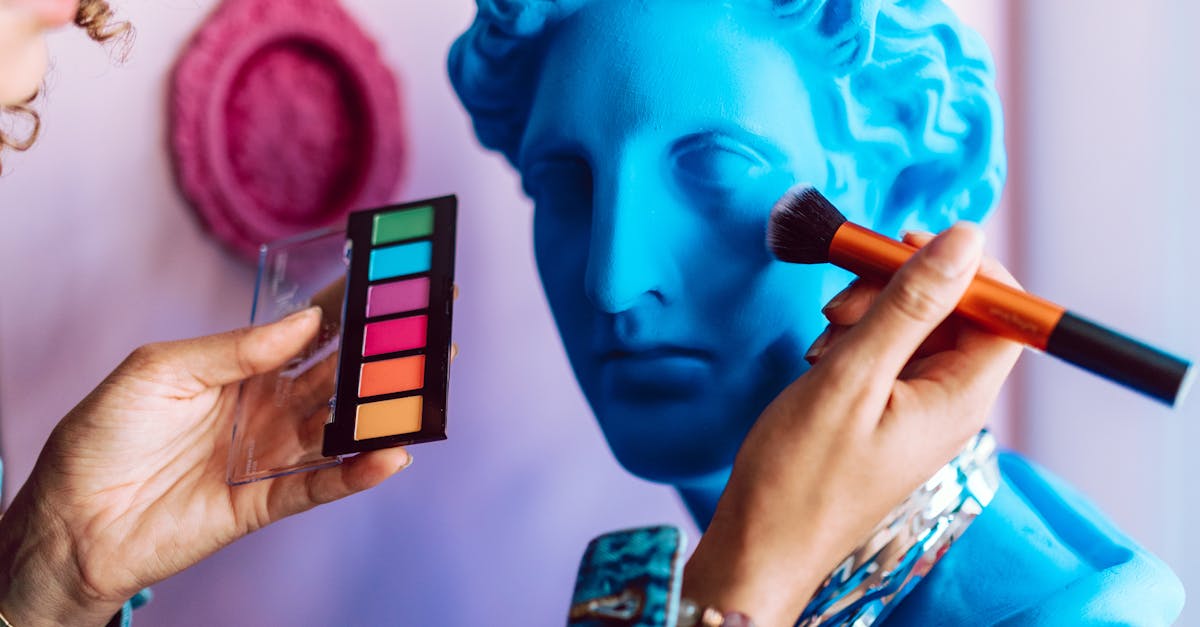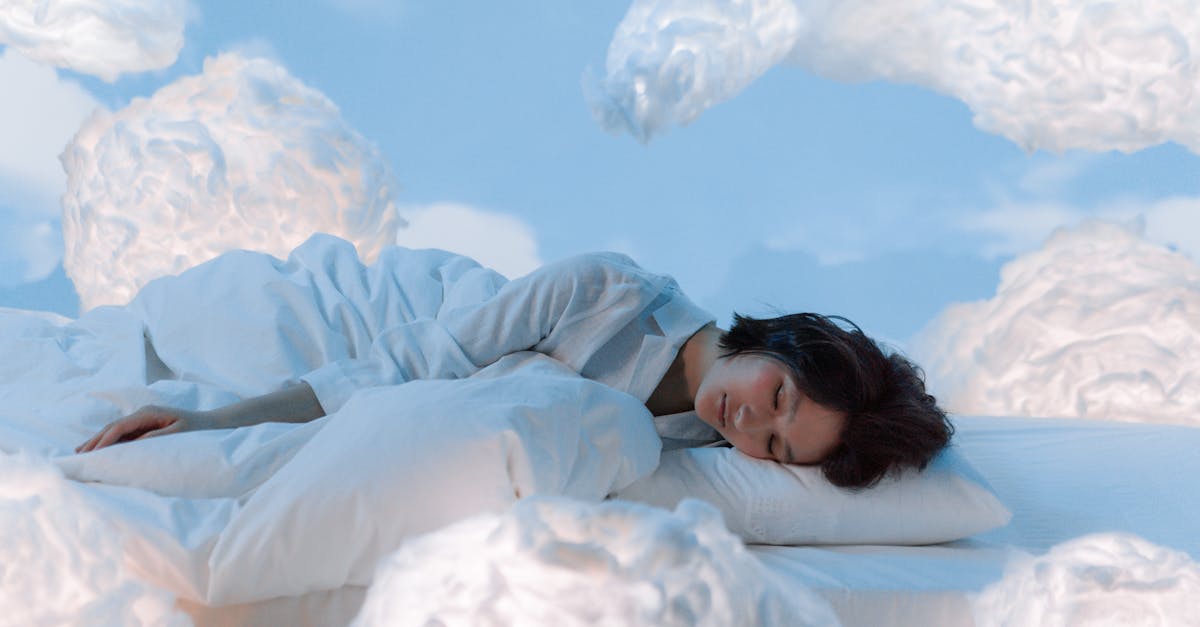Table of Contents
ToggleImagine this: you’re peacefully dreaming of a tropical beach, and suddenly, you wake up drenched like you just ran a marathon in a sauna. Welcome to the world of sleep apnea and night sweats, where restful nights are as elusive as a unicorn at a petting zoo. While most people think of sleep apnea as just snoring’s annoying cousin, it can bring along some unexpected party favors—like those pesky night sweats.
Understanding Sleep Apnea
Sleep apnea is a serious sleep disorder characterized by repeated interruptions in breathing. This condition can cause unexpected symptoms, like night sweats, contributing to poor sleep quality.
What Is Sleep Apnea?
Sleep apnea occurs when a person’s breathing repeatedly stops and starts during sleep. It often involves loud snoring and choking or gasping sounds. Several factors increase the risk, including obesity, age, and a family history of sleep apnea. Identifying this condition promptly is critical to prevent complications such as high blood pressure and heart disease.
Types of Sleep Apnea
Obstructive sleep apnea (OSA) is the most common form and arises when throat muscles relax excessively during sleep. Central sleep apnea (CSA) happens when the brain fails to send signals to muscles controlling breathing. Complex sleep apnea syndrome, or mixed sleep apnea, combines characteristics of both OSA and CSA. Understanding these types helps in diagnosing and determining the appropriate treatment.
Night Sweats: An Overview
Night sweats refer to excessive perspiration during sleep, often unrelated to external temperature. Individuals experiencing night sweats may wake up drenched, leading to discomfort and disrupted sleep.
Common Causes of Night Sweats
Various factors can trigger night sweats. Hormonal changes, such as those during menopause or due to thyroid issues, frequently contribute. Infections or illnesses may also cause increased sweating. Medications, particularly antidepressants and hormone treatments, can provoke this symptom. Sleep disorders, including sleep apnea, are significant contributors as well. Anxiety or stress often increases sympathetic nervous system activity, resulting in night sweats. Recognizing underlying causes aids in addressing this symptom effectively.
Night Sweats and Their Impact on Sleep
Disrupted sleep patterns commonly result from night sweats. Frequent awakenings can prevent restful sleep, leading to fatigue during the day. Concentration and mood may suffer as a consequence of inadequate rest. Those affected may experience irritability and reduced productivity. When coupled with sleep apnea, the effects amplify; the combination can severely impact overall health. Monitoring symptoms and seeking professional guidance can improve sleep quality and overall well-being.
The Link Between Sleep Apnea and Night Sweats
Sleep apnea significantly impacts overall health, often leading to unexpected symptoms like night sweats. Many individuals experience excessive sweating during sleep due to the body’s struggle to regain normal breathing, creating an increased effort that raises body temperature. Increased adrenaline levels can accompany breathing interruptions, which may also trigger night sweats.
How Sleep Apnea Contributes to Night Sweats
Breathing disruptions result in a stressful response from the body. This response leads to the release of stress hormones, contributing to excessive sweating at night. Obstructive sleep apnea, the most common form, causes the airway to become blocked, increasing the likelihood of night sweats. Individuals with central sleep apnea may also experience similar effects, as the brain fails to send proper signals for breathing. Therefore, the cycle of disrupted sleep and excessive sweating creates a challenging situation for those affected.
Studies and Findings on the Connection
Research supports the link between sleep apnea and night sweats. A study by the American Academy of Sleep Medicine found that nearly 60% of individuals with sleep apnea reported experiencing night sweats. Another investigation published in the Journal of Clinical Sleep Medicine indicated that patients often experience increased sweating following apneic episodes. Understanding this connection helps in recognizing the importance of treatment options. Effective management of sleep apnea can alleviate night sweats and enhance overall sleep quality.
Treatment Options
Effective treatment of sleep apnea and associated night sweats requires a multifaceted approach. Understanding various management strategies can enhance overall sleep quality.
Managing Sleep Apnea
Continuous Positive Airway Pressure (CPAP) therapy remains the gold standard for treating obstructive sleep apnea. This method involves using a machine that delivers air through a mask, keeping airways open during sleep. Lifestyle changes also play a crucial role; weight loss and positional therapy can significantly reduce apneic episodes. Oral appliances, fitted by dental professionals, improve airway alignment and offer an alternative for those who cannot tolerate CPAP. Regular follow-ups with healthcare providers ensure that the chosen treatment remains effective and adjusts as needed.
Addressing Night Sweats
Managing night sweats often begins with addressing underlying causes. When hormonal fluctuations are responsible, hormone replacement therapy may provide relief. Adjusting medications can also mitigate side effects that lead to excessive sweating. In addition, choosing breathable fabrics for sleepwear and bedding can improve comfort during the night. Keeping the bedroom cool and well-ventilated helps regulate body temperature. Practicing relaxation techniques before bed reduces anxiety, contributing to better sleep and reduced perspiration.
Addressing sleep apnea and night sweats is vital for achieving restful sleep and overall well-being. The interplay between these two conditions can lead to significant disruptions in daily life. Recognizing the symptoms and understanding their connection empowers individuals to seek appropriate treatment.
With effective management strategies in place, such as CPAP therapy and lifestyle adjustments, it’s possible to improve sleep quality and reduce night sweats. Regular consultations with healthcare providers ensure that treatment plans are tailored to individual needs. By prioritizing sleep health, individuals can enhance their quality of life and mitigate the effects of sleep apnea and night sweats.





